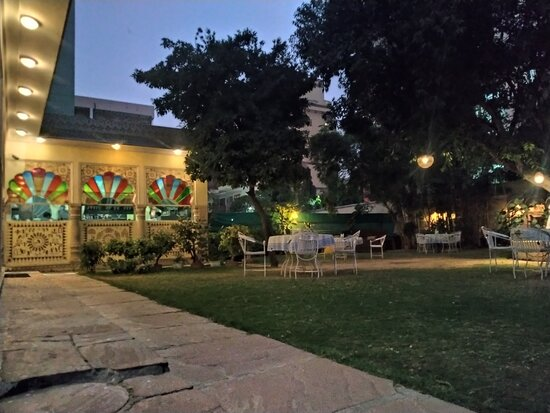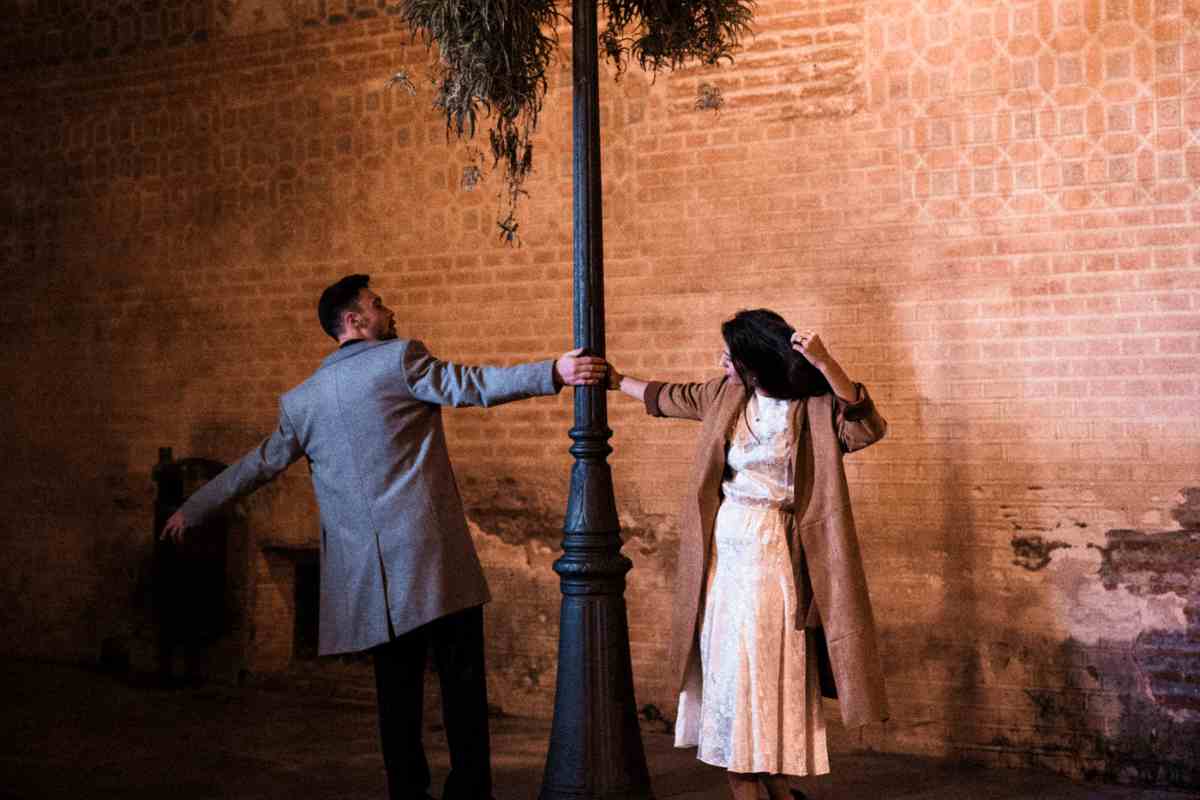Understanding Boutique Hotels: Everything You Need to Know
They arrived, they observed, and they won. That captures the history of boutique hotels very well.
Boutique hotels continue to be a mystery to many people despite their well reported growth in popularity. Yes, they are elegant and beautiful, but do you know anything more about these hotels? If you're not yet completely up to speed, don't panic; protel has your back. We'll cover all there is to know about boutique hotels in this article, from their origins to what makes them unique.
What is a Boutique Hotel?
A boutique hotel is a kind of accommodation that has a cosy, small-town atmosphere. It normally has less than 100 rooms and provides very individualised service. A boutique hotel maintains faithful to the local culture, in contrast to how the public views the majority of other hotel brands.
An Overview of Boutique Hotels
Although there is considerable debate over the precise beginnings of boutique hotels, several sources attribute the concept to one Bill Kimpton.
For the most of the 1960s and 1970s, Kimpton worked as an on-the-go investment banker.
He would return to the United States and discover hotels with no character at all. That really irritated him. He thus made the decision to establish a boutique hotel where guests may relax and feel at home.
The Bedford Hotel, the first boutique hotel in America, debuted on April 1st, 1981 in San Francisco. Soon after, more boutique hotels began to spring up, such as the 1984-founded Morgans in New York City by Ian Schrager.
Features of a Boutique Hotel
Here are a few things to think about if you're planning to build your own boutique hotel or refurbish an existing one:
Size
It will be difficult to develop that "unique something" a boutique hotel requires if it has more than 100 rooms. Boutique hotels may only have ten rooms total. The quality, not the number, is what counts.
Design
A boutique hotel's interior decor is as distinctive as its activities, yet it is always upmarket. It often combines classic elegance with period elements.
Individualized Services
If you don't provide specialised service, your boutique hotel won't succeed. As a result, give your visitors the kind of welcome they deserve.
Give customers the option to personalise the amenities, toiletries, and everything else .
Native Culture
In a boutique hotel, everything—from the food to the decor—must reflect the local culture. For instance, you may hang regional artwork and sketches on the walls. If you also want to enjoy the local culture while your stay in Jaipur then you should take you stay at the Anuraag Villa. Anuraag Villa is a boutique hotel in Jaipur. It is one of the best hotels near Jaipur railway station. The boutique hotel has all the amenities and has been following all the ritual like an authentic boutique hotel.
Going against common sense in this situation is likecheckwise acceptable in the context of "boutique" thinking.
Ideal Location
Due to their diminutive size, boutique hotels are often found in bustling, affluent locales or exclusive residential districts. Some may also be located in resort communities that are hidden from the tourists but have easy access to public transit.
Make sure your boutique hotel is in a fantastic location if you want it to succeed. That site might be a few miles outside of the city, deep inside nature, or on a privileged clifftop surrounded by lovely gardens and expansive views of the sea and the sky. The globe is open to you.




Comments
Post a Comment